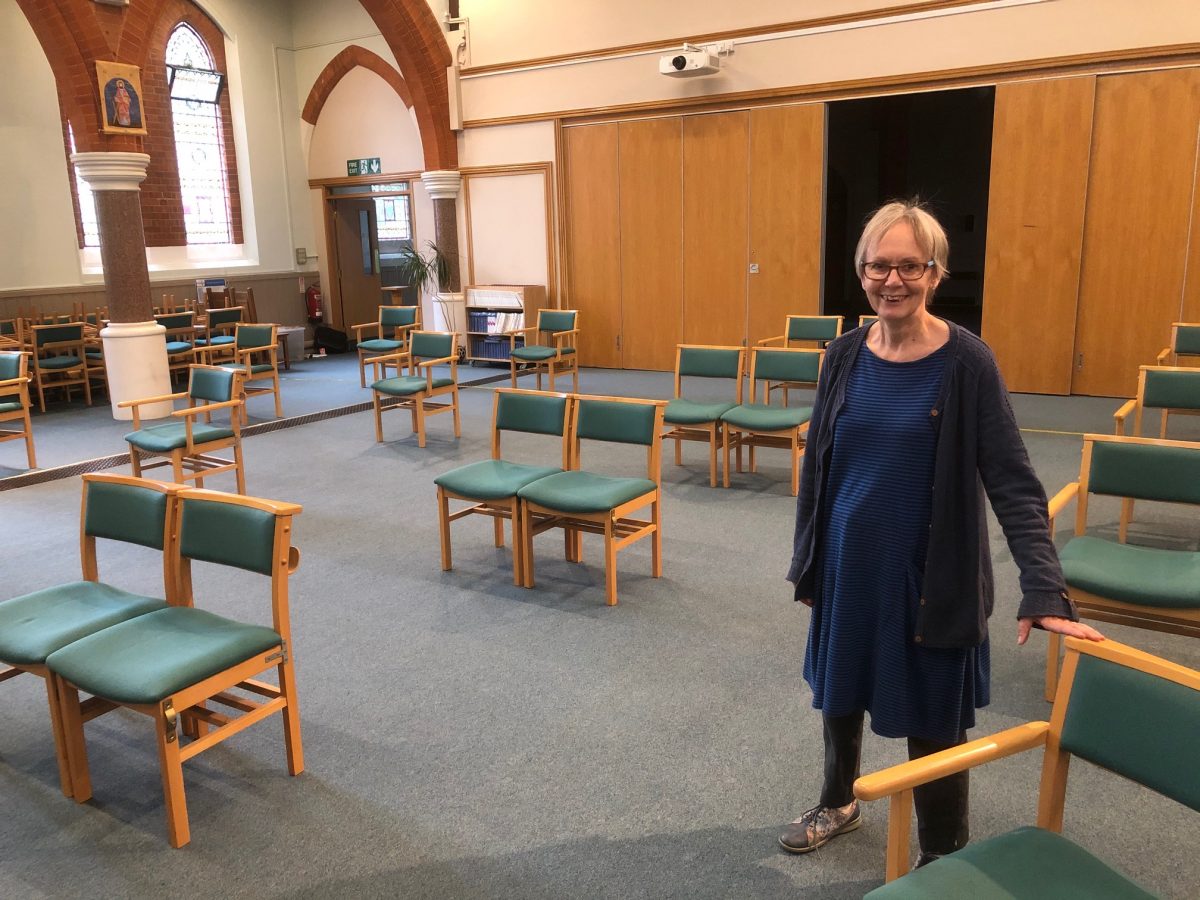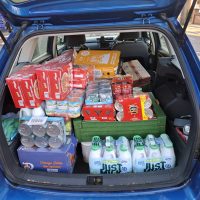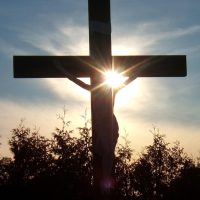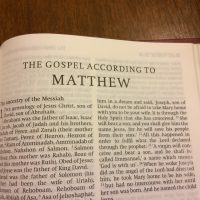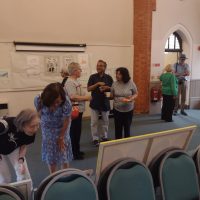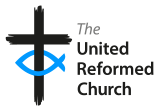Reflection: ‘Good soil’ by Revd Sue McCoan
Our bible reading this morning is a very familiar story. As we often do these days, we will hear it in two parts; and we will hear the first part now, before we start reflecting.
Bible reading: Matt 13: 1-9
Jesus told parables, teaching stories, set in everyday life. In a rural community, everyone knew about farmers and shepherds and fishermen – no explanation needed. This story of the sower and the seeds is familiar to many of us, but this week I have been reflecting more on the setting than the action of the story.
A person goes out to sow some seeds. And then what? Then, it is remarkable how little control the farmer has over what happens next. Yes, dropping seeds on the path isn’t a great idea but if you’re sowing by hand and you’ve got a whole field to cover, you might not have time to keep precisely to the edges all round. But then however careful you are, there are going to be birds, and probably mice and other creatures who eat the grain; there are weeds; there are the various pests and diseases; and of course you are constantly at the mercy of the weather. Not to mention disciples wandering through picking ears of corn as they go… but that’s another story.
Faced with all this, you might wonder how farmers keep going. But there are quite a few areas where they do have control. They decide what crops to grow – so you can choose something that has the best chance of success in your soil and climate. (I’m leaving economic pressures out of this). They decide when to sow, and when to harvest. They may choose to weed between the crop, or scare the birds. The skill of the farmer lies in using all their knowledge and experience to work with, and sometimes battle against, the unpredictable forces of nature.
I’m thinking of this as someone for whom life is mostly much more predictable and controlled. I note the weather forecast to see if I need an umbrella, not to plan my life’s investments. That was, until the coronavirus pandemic broke out. Now, we are all at the mercy of this unseen and unpredictable virus; we are all having to make decisions about how to live in a situation over which we have almost no control. We still don’t have a vaccine or a cure, though there is some progress in treatments which may help in certain cases. And there’s an awful lot we still don’t know – like, if you’ve had Covid-19, are you immune from getting it again? If so, how long does immunity last? And why do some people get mild or no symptoms and some people get seriously ill or even die? We can’t wait until we have all the answers; we can’t wait until it’s completely safe. We have to live in, and engage with, the world as it is.
We’ll reflect on how we might do this, after we’ve heard the second part of the reading.
Bible reading: Matt 13: 18-23
The disciples have heard the story along with everyone else, and now, when the crowds have gone, they want to know more. What’s it all about, Jesus? So he gives them an explanation: the seed is like the word of God, which will be met with different responses. This gives a twofold message to the disciples. The first part of the message is, when you preach the gospel, you don’t have control over the response you will get – so don’t worry about it. Just tell the good news and see what happens. The second part of the message is, pay attention to what kind of soil you are yourselves. The disciples have not been following all that long; there are still plenty of troubles and temptations that could lead them to want to give up. Jesus needs them to be the good soil that bears a big crop because they will be the seed corn for other crops; they will spread the gospel far and wide.
I find this approach really helpful. There are aspects of dealing with the virus that are well outside our control, and we gain nothing by speculating or worrying about that. Our attention is on the things we can do something about, which is preparing good soil within ourselves.
Within our churches, there are a number of steps we are taking to prepare good soil and to keep people safe. The URC has produced extensive guides, and templates for risk assessments, and certainly at St Andrew’s Ealing and at Wembley Park the elders and others are working through them. You will be asked to sit 2 metres away from people not in your household or your bubble, and to keep that distance even after the service. That’s tough on people who don’t hear well, or who need a hug. There won’t be tea or coffee, and there won’t be singing. It will be a different experience from before.
To ease ourselves into this new worship, again at Ealing and Wembley we will be going back in stages – two weeks in church, then 2 weeks with online services only. You will have been sent a detailed schedule. This is partly to give ourselves time to make any changes and to see how the virus is going, partly to emphasise that this is not ‘back to normal’, and partly, perhaps mainly, so that we can keep including people who have been able to join us online but who couldn’t be here in person, either because it’s too risky or because they are too far away.
It might seem a bit over the top, but it’s because you matter. I don’t want anyone to get ill because they came to church too soon. I don’t want any of you to come to church if you are anxious about the risk or if you are unwell. Your church needs to be a seed bed where you can grow in peace and safety, as far as we can possibly manage.
As well as practical preparations for returning, there are spiritual preparations.
This weekend would have been the URC’s General Assembly. Obviously it was cancelled, but yesterday morning there was an online service to induct the 2 new Moderators of General Assembly, Clare Downing and Peter Pay, and the new General Secretary of the URC, Revd Dr John Bradbury. In his statement during the service, John Bradbury spoke of his recent ministry in Cambridge, helping to bring together the two city centre churches – both long-established congregations with proud histories, both having to give up an enormous amount, and yet both being able to face the cross and allow their identities to be reinvented in response to the call of God. He went on to say that, in these challenging times, we must all be prepared to look beyond the familiar and the loved, to set our faces towards the cross, and to see what God is calling us to from now. For some of us, facing the cross will mean we choose to stay away from our friends and our place of worship, at least for now.
It sounds like a tough challenge. Sometimes, preparing good soil means a lot of digging and hard work (not to mention manure). But John Bradbury also said, that when the Cambridge churches did let go of what they knew, they found blessings they could never have imagined. As we move to the new normal, to a different kind of church in a different kind of world, let us keep our face towards the cross in hope and faith, trusting that through the cross comes the joy, hope, excitement, peace and blessings of the resurrection.
Amen.


